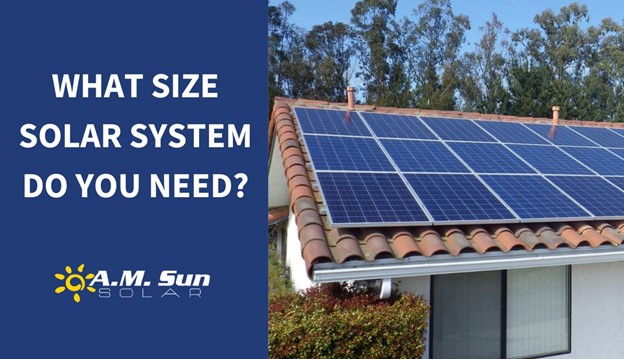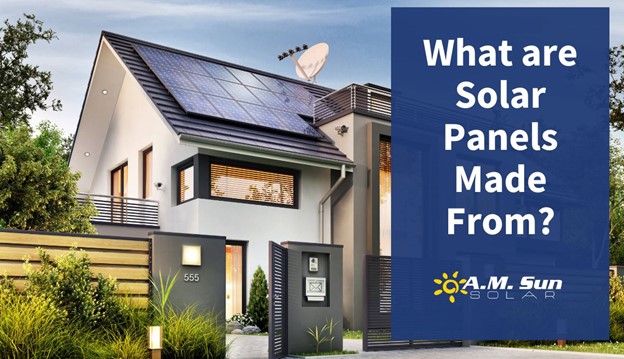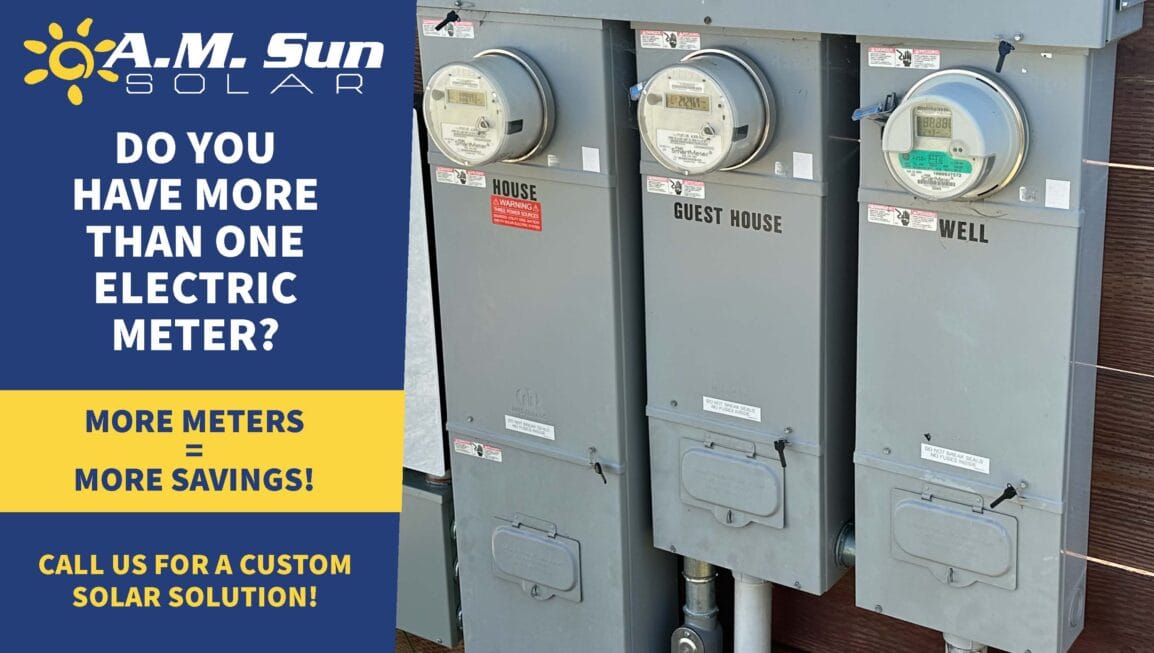One of the most common questions we receive from our A.M. Sun Solar customers is, “How many solar panels will I need?” Simply put, the answer is different for everyone. It depends on many variables, such as: How many sunlight hours does your house experience? What are your energy requirements? What solar panel size and efficiency are you considering? No …
What Are Solar Panels Made Of?
Solar is growing rapidly! California recently hit the 1 million solar-roof mark. As we see more and more of our neighbors here in the Golden State tapping into the most powerful energy source we have—the sun—you’ve probably wondered whether you should go solar, too. The answer is YES! Solar can help you save money and produce clean energy. Now is …
How Does Solar Work with a Battery?
Solar is a smart investment for homeowners and businesses looking for ways to lower their energy costs and reduce dependency on the grid. Installing a battery, or multiple batteries, like a Tesla Powerwall, will help boost your return on investment even more, it’ll also give you peace of mind during emergencies by providing consistent power. However, many people still have …
How is Solar Energy Stored?
Here at A.M. Sun Solar we get one question over and over again. You’ve probably wondered about it too. Maybe your kids have asked you this. “Hey, how is solar energy stored?” It’s a reasonable question! After all, the sun doesn’t shine every day, and the peak times for energy use are summer evenings, after the sun goes down, when …
Understanding the Benefits of Solar Under the New California Regulations
On April 15, 2023, California’s Net Energy Metering (NEM) policy, now known as The Solar Billing Plan or The Net Billing Tariff went into effect. Solar customers are credited for the excess energy they generate and send back to the grid. As California transitions to “The Net Billing Tariff” (NBT), there will be questions about how it affects the process …
Solar Meter Aggregation: Regulations Have Not Changed Yet For Multiple Meter Owners
Updated 11/21/2023 EXTENDED UNTIL FEBRUARY 14th, 2024 – ACT NOW TO SAVE! Solar energy systems are an excellent source of renewable energy that can reduce costs, increase profits, and decrease carbon emissions. However, many businesses face the challenge of having multiple energy meters and some in locations that are less than ideal for solar. This is where meter aggregation can …






